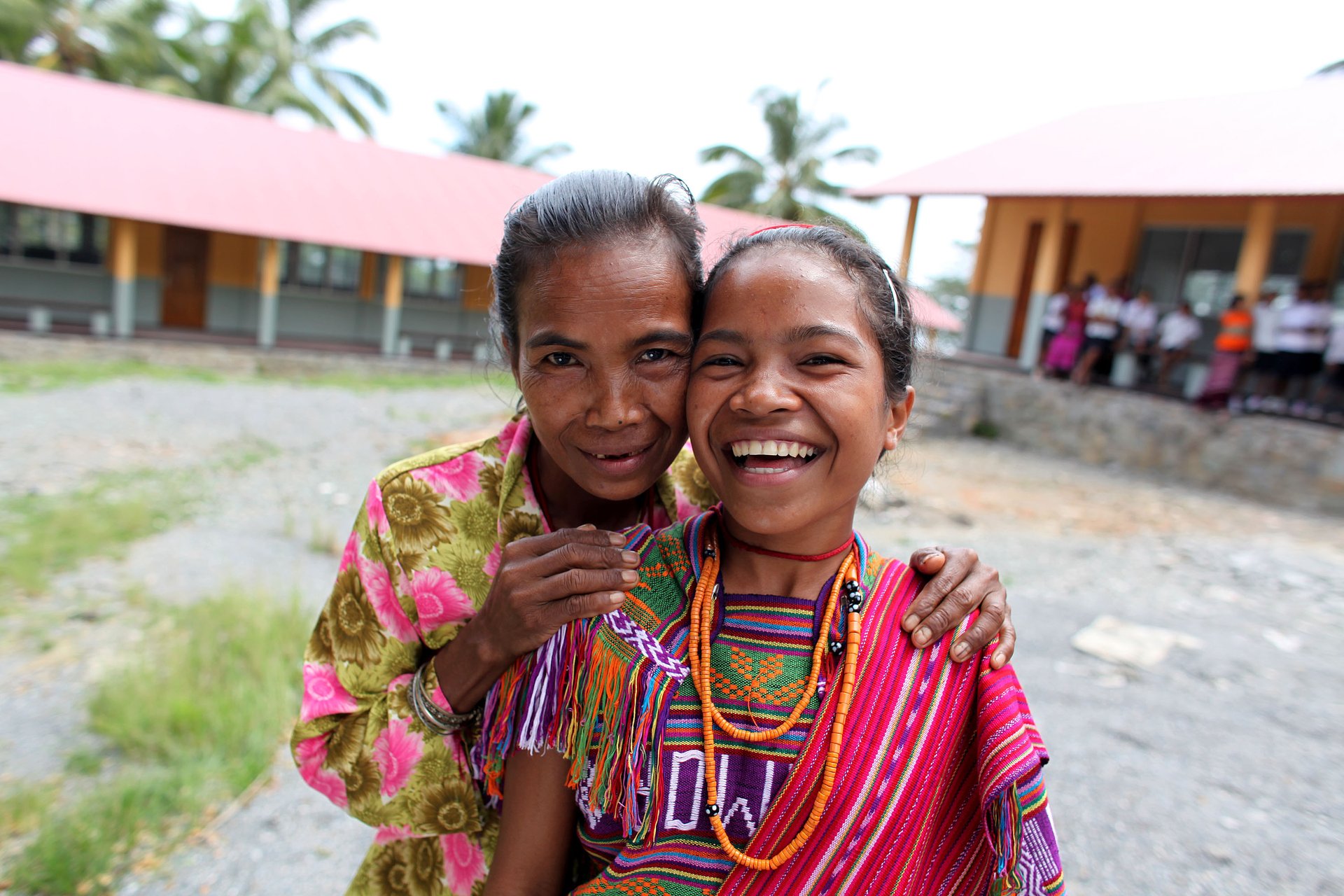TIMOR-LESTE
Social Protection in Timor-Leste
Timor-Leste is an island country with a population of 1.3million people as of 2020. Timor-Leste has some social protection schemes in place. Hover over the icons below to see which of these life-cycle risks Timor-Leste is addressing and how.
EARLY CHILDHOOD
- Poor access to antenatal and post natal care
- Unsafe birth
- Poor access to immunisation
- Stunting, malnutrition and hunger
- Reduced cognitive development
SCHOOL AGE
- Malnutrition
- Unable to access or stay in school
- Child labour
- Commercial and sexual exploitation and abuse
- Loss of parents or carers
YOUTH
- Inadequate skills
- Inability to access training
- Unemployment and underemployment
- Gender discrimination
- Commercial and sexual exploitation and abuse
- Domestic violence
- Alienation
WORKING AGE
- Unemployment and underemployment
- Cost of children
- Lack of childcare
- Care of parents
- Debt
- Gender discrimination
- Commercial and sexual exploitation and abuse
- Domestic violence
OLD AGE
- Increasing frailty and disability
- Inability to work
- Lack of family care
- Elder abuse
Leading to the following solutions:
EARLY CHILDHOOD
- Bolsa da Mãe conditional cash transfer
SCHOOL AGE
- Bolsa da Mãe conditional cash transfer
WORKING AGE
- General Social Security Scheme (GSS) - Maternity or Paternity benefit for formal workers
OLD AGE
- Social Pension for Elderly (60 years and older)
- General Social Security Scheme (GSS) - Retirement pension (60 years) for formal workers
Timor-Leste has a Social Pension for people with disability and a General Social Security Scheme (GSS) - Invalidity benefit for formal workers with disability. Similarly, for people who experience vulnerable times in their lives they can access the National Liberation Combatants and Martyrs' Pension.



